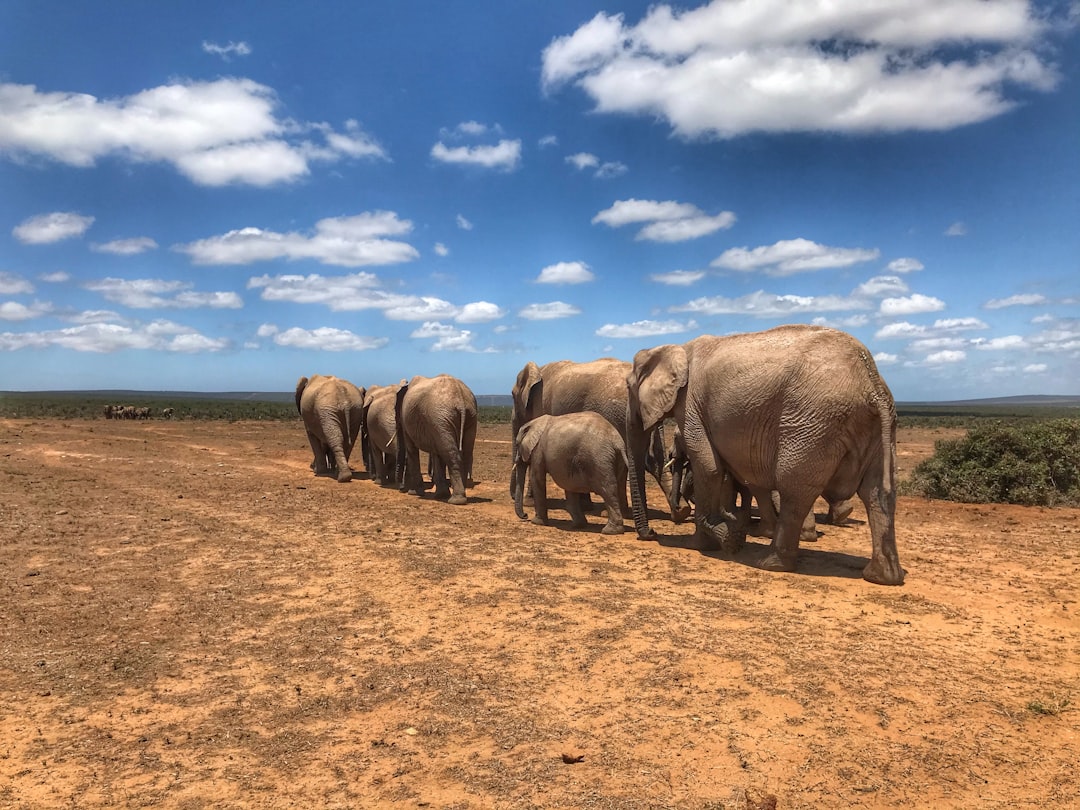What is it about?
Fruit flies (Drosophila melanogaster) are known to be very good at finding rotten fruit but are their sensory organs any good for technical applications such as finding illegal drugs or detecting roadside bombs? In this publication we investigate whether the responses of Drosophila receptor neurons to chemicals related to a variety of industrial chemicals are sufficient to recognise them. To our surprise we found that that the responses to these chemicals could be classified equally well as the responses to natural odours from rotting fruit.
Featured Image
Why is it important?
Our research indicates that receptors from lower animals such as flies and worms are suitable for use in technical applications in the future. This could pave the way to better chemical sensing technology. See also https://www.youtube.com/watch?v=j-5ZTZx-2I4
Perspectives
It will be a long time before any of these technologies will hit the mass market but we are excited about the many possible useful applications, including breath analysis for detecting life-threatening illnesses like lung cancer or bacterial infections.
Professor Thomas Nowotny
University of Sussex
Read the Original
This page is a summary of: Drosophila olfactory receptors as classifiers for volatiles from disparate real world applications, Bioinspiration & Biomimetics, October 2014, Institute of Physics Publishing,
DOI: 10.1088/1748-3182/9/4/046007.
You can read the full text:
Contributors
The following have contributed to this page










